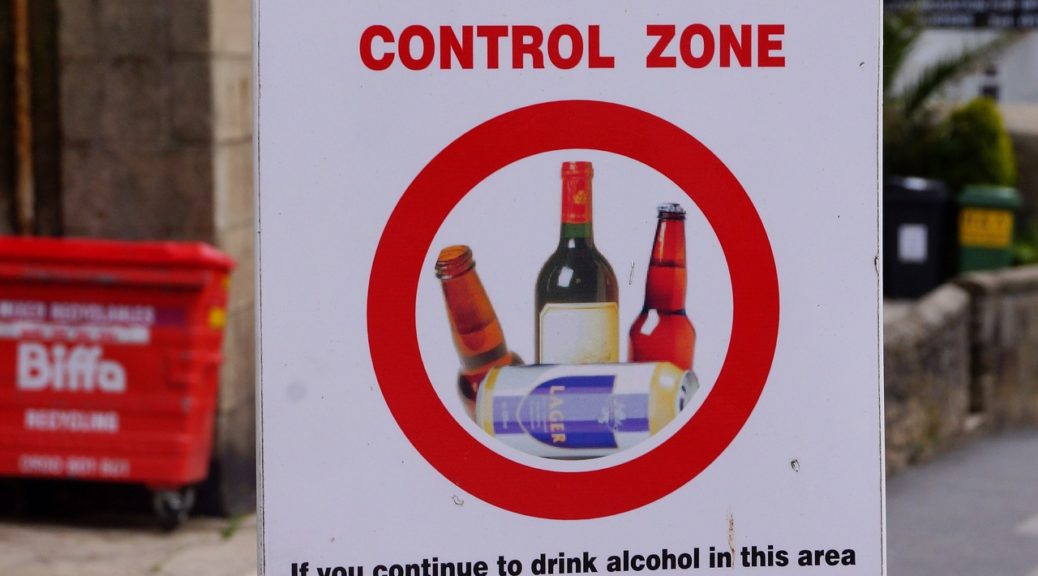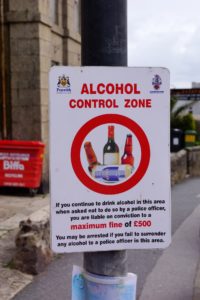For many people the thought of being interviewed by a police officer will never cross their mind. Their law abiding lives mean that they will only rarely have any interaction with the Police. On occasions, however, allegations can be made which mean the police will have no alternative but to hold an interview under caution.
The importance of an interview under caution
Such an interview under caution may happen after arrest. More often in recent times there may be what is called a voluntary interview. The importance of either type of interview should not be underestimated. The answers given in an interview under caution will carry the same weight in any court proceedings. Any responses will also help decide whether a prosecution should be brought in the first place. As a result, what is said in interview can have life changing effects as a case progresses.
Our expert criminal defence lawyers across all of our offices give daily advice to suspects interviewed by the police. People choose not to have a solicitor in police interview for any number of reasons. They may think that they have nothing to hide, or that there is no evidence that they are responsible for any wrong doing.
Free and independent legal advice
Whatever your personal views on the case we would recommend that you always contact one of our solicitors or accredited police station representatives as soon as you know the police want to speak to you. This might be in advance or as you are booked in at the police station.
This advice will always be free of charge to you as we have a contract permitting us to give advice and representation under the legal aid scheme. The service remains free whether when our office is open or out of hours.
Our advice is always independent of the police and we may help you identify all of the relevant legal issues that will inform your decision whether or not to answer the police questions.
A police interview years after the event

Recently Chesterfield police station representative Rob Lowe was asked to represent a female suspect. She had been interviewed in 2013 about allegations of child neglect when she was a foster carer. The case was closed with no action but the complainant wished to resurrect the complaint. The police chose to put additional evidence to our client four years after the original police interview.
As Rob had attended with his client for interview he was able to receive full details from the police bout the new evidence that they had. Without the benefit of a legal adviser in interview the police are unlikely to give you a similar level of information before the interview.
It became clear that although the police wished to ask some questions about some new, but minor, issues that had arisen they also wanted to ask some of the same questions that they had asked four years earlier.
As his client had chosen to have legal advice, she had the opportunity of speaking with Rob in private before the interview took place. He had the opportunity of providing her with detailed advice about her options.
Bearing in mind she had already answered the majority of the questions, Rob was reluctant for the police to have a further opportunity to seek answers that may be inconsistent bearing in mind the passage of time. Any differences in her account could weigh against her in any charging decision even though they would be perfectly understandable.
Submitting a prepared statement
Rob was, however, keen for his client to address the fresh issues that had arisen. As a result, he drafted a statement that set out his client’s position in relation to these matters. This statement was read out at the start of the interview. After that, his client exercised her legal right to silence and refused to answer further questions put.
You will appreciate that a person without the benefit of legal representation may be unlikely to adopt such a course of action. They are less likely to be confident in refusing to answer the questions the police put in interview.
Our client was refused charge
Following interview the case was subject to a further review and our client was told that no further action was to be taken. She had been refused charge. No doubt this was in part due to the comprehensive denials that she had put forward four years ago, but also in part to the position that she adopted in relation to the later interview.
Contact a legal aid specialist in police station representation.
Rob can be contacted at our Chesterfield office on 01246 283000. This number will be answered 24 hours a day, 7 days a week, every day of the year.
You can read some more thoughts on why you ought to have legal advice in police interview here.















